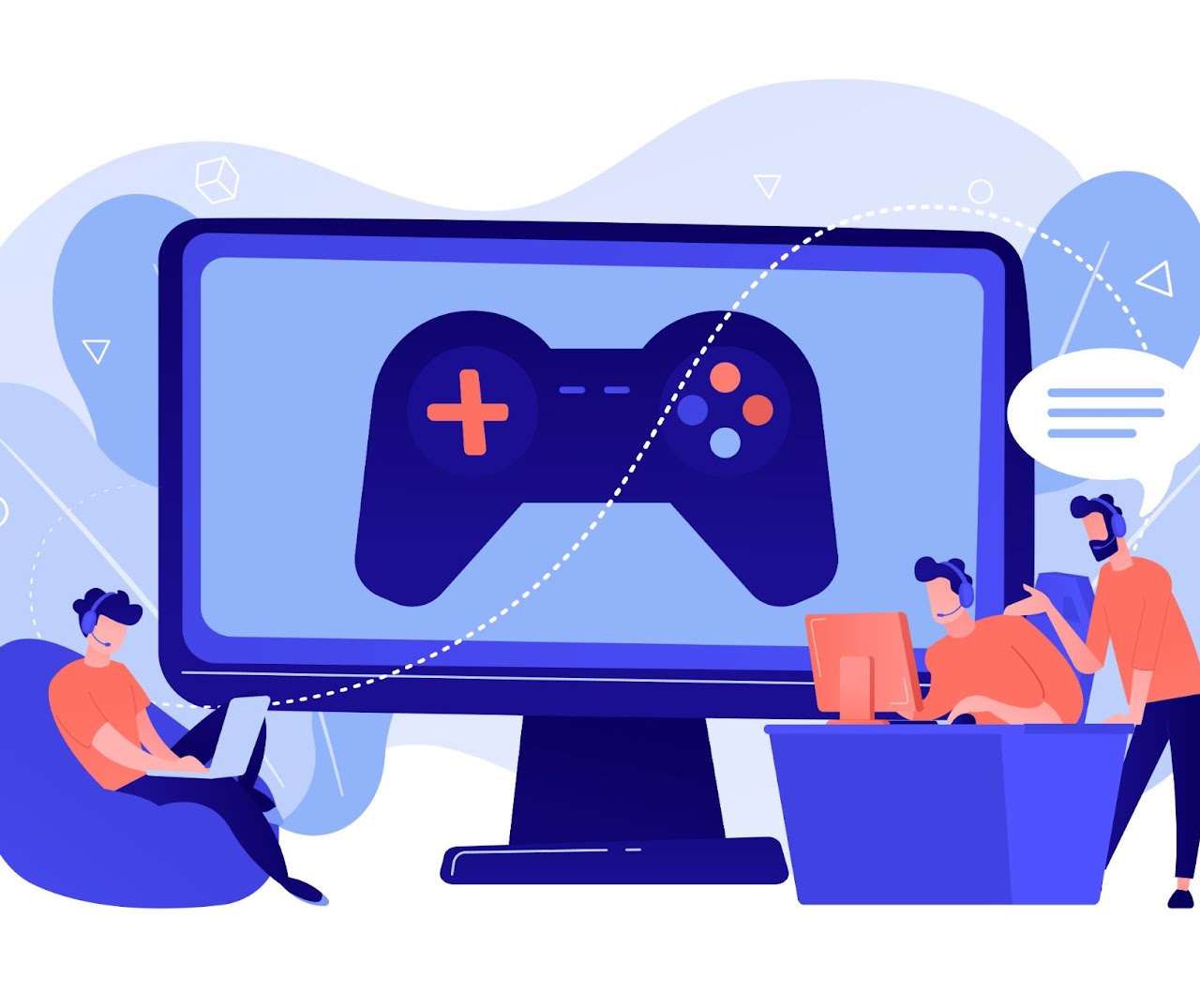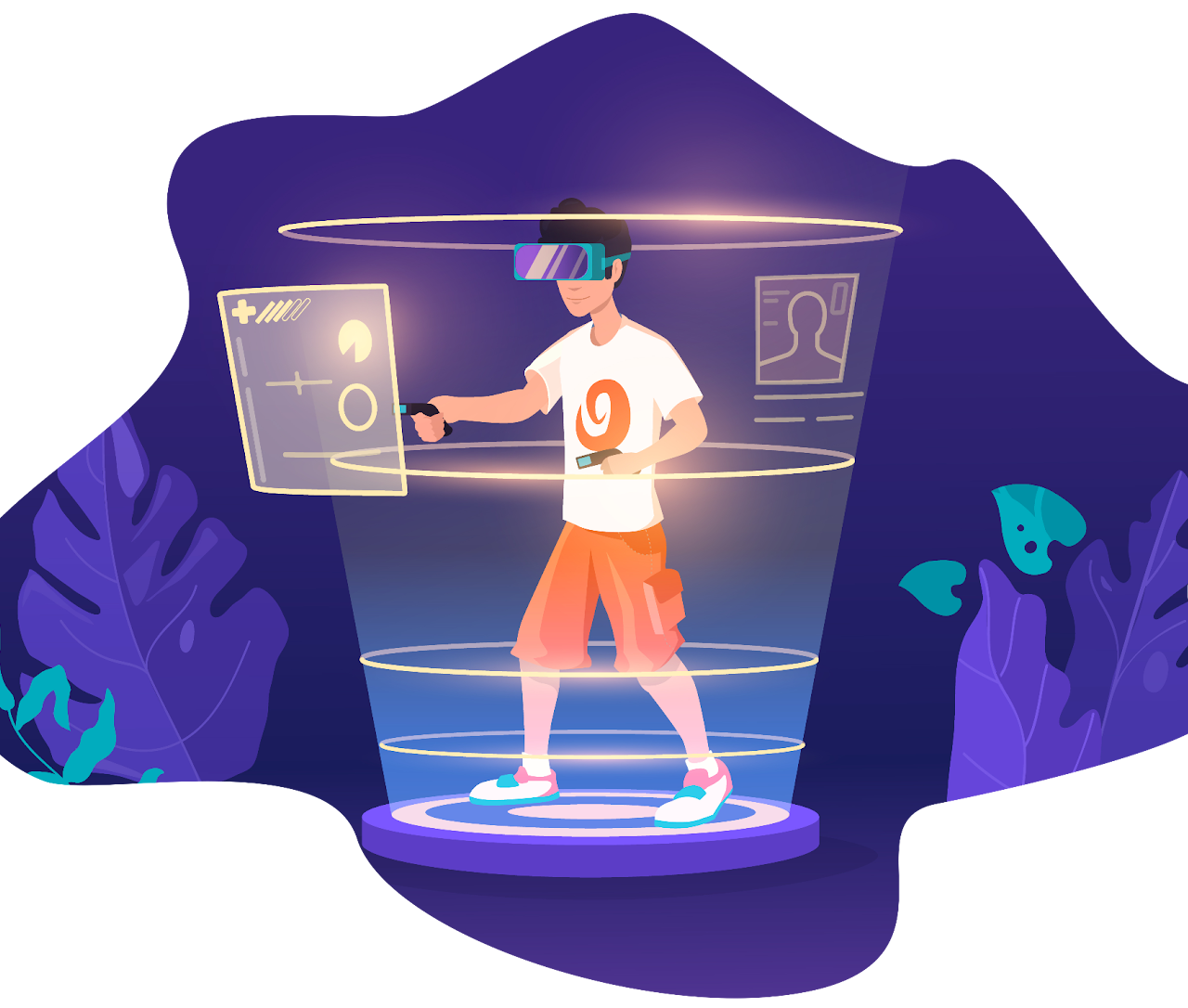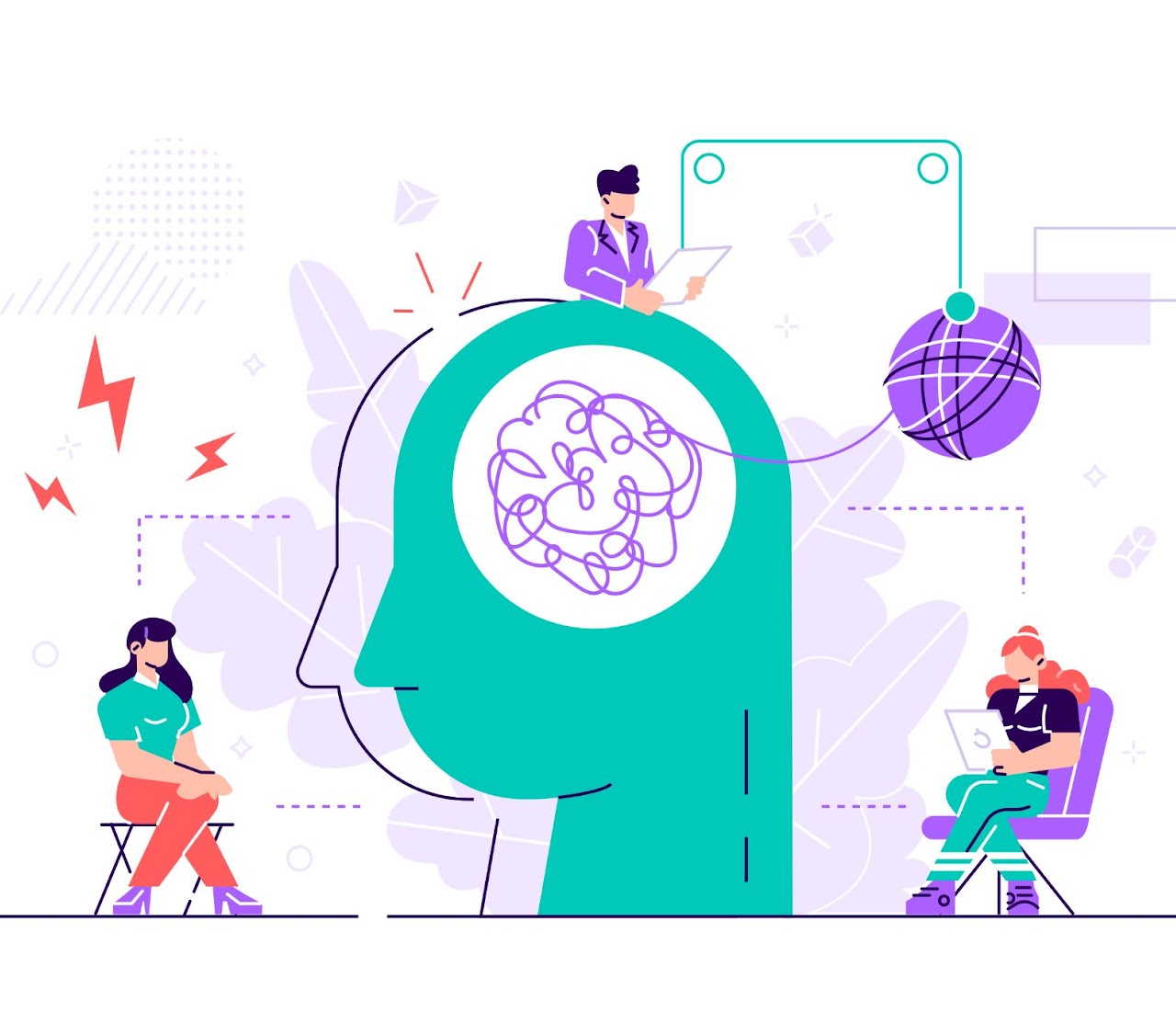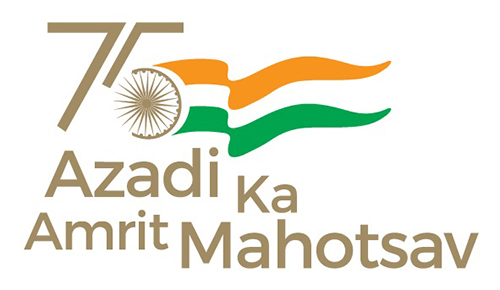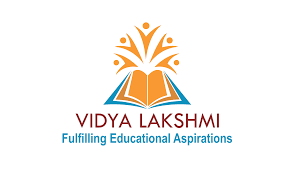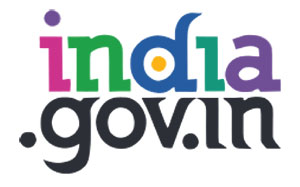About Research
In its pursuit of 'futurescaping education,' the Centre encompasses fundamental transdisciplinary research at the intersection of cognitive science, the science of learning, education technologies, applications of immersive extended reality (XR), and AI-enabled education. It aims to produce tangible delivery of pedagogical tools, methodologies, and technologies. In the wake of the Covid-19 pandemic, where blended learning has become a necessity, and paradigms of both classroom learning and online learning need massive realignment to the new reality of distance learning, the Centre aims to champion research and development for its primary stakeholders—learners & educators—and second stakeholders— the educational administration, parents, and society. The Centre would also reimagine and redefine applications of the state-of-the-art technological interfaces and platforms towards the success of individual learners and educators.
Current Research Areas
The future of education needs to come out of the conventional test-driven grade-centric fixed curriculum framework into a curiosity-driven learning-centric personalized curriculum paradigm. Education should be flexible and individualized and should aim to integrate disciplines, technologies, and life experience. It should not only be offered in flexible ways but also serve to efficiently and optimally utilize available resources. In the long run, education should support continuous and life-long learning and cultivate creativity and interpersonal skills that help becoming a student into a contributing global citizen. As educational experiences need to be carefully handcrafted by the teachers, creative pedagogies can be developed by reimagining the kindergarten philosophy of imagine-create-play-share-reflect-imagine.
The post-COVID era and education transformation will require changes in content coupled with pedagogy and modality of delivery. The required changes need to serve the purpose of experiential learning; transferability of knowledge and skills to novel situations; integration of science and technology with social context; capacity to design for technological solution for end-user and solve the open-ended problem; and development of skill (hard and soft skills) which are connected to the preceding aspects. In its efforts to drive and craft the future of education, the Centre aims to drive research and technological efforts towards this vision so that educators and students can co-create a futuristic, cosmopolitan and immersive educational experience.
The vision of the Centre is to cater to the needs of all the stakeholders of the educational framework - the students, teachers, educational institutes (administration), parents, and society at large, with a primary focus on learners and educators.
Some of the issues faced by these stakeholders and their potential strategies towards the solutions are enlisted and discussed here.
Students
The post-Covid era shutdown of educational institutions has directly affected about 1.37 billion students and nearly 60.2 million teachers worldwide. Even as educational institutions may reopen in a phased manner in 2021, blended and hybrid e-learning will continue to play a crucial and critical role in education across schools and universities to enable social distancing. One of the significant challenges students face today, in addition to network connectivity in remote areas, is the lack of study environment they would otherwise get within campus premises, where resources and discussions with classmates are immediately at hand. While many struggles to keep up the concentration in online mode, others simply find it difficult to balance online classes with other household activities that continue to run in the background. Synchronous classes have also been known to cause digital fatigue in both students and teachers due to continuous long hours of engagement over a screen.
An excellent way to address such challenges of distance learning is a learner-centered, self-paced, flipped classroom approach. Such an approach is easily implementable through platforms that allow interactive video lectures so that each student may study at his/her own pace and convenience, revisit parts of the lectures to recapitulate important topics, and answer questions interleaved in the videos to self-assess their understanding. However, high-quality digital content, including animations and visualization tools, needs to be a part of these video lectures to improve students' overall learning experience. The creation of digital infrastructure and resources for students would include immersive virtual labs, 3D demonstration interfaces, 3D interaction spaces for remote learning, multilingual education, and course/topic-specific gamification, especially for science and engineering education. Another need of the hour in the midst of large class size in view of the growing number of disciplines is the pedagogical as well as a technological intervention towards personalized intelligent tutoring, revision assistants, and notes curation.
The elements of experiential and collaborative learning can be cultivated in online learning environments through 360-degree immersive laboratory experiences through augmented reality and virtual reality [6]. Studies have reported that in comparison to audio or video-based learning, VR-based instructional methods increase focus, academic performance, confidence, memory, creative stimulation not only in STEM education but also in language learning, sports, arts, cultural, and athletic education [1]. Therefore, the center would champion the process of supplementing the educational experience with an immersive spatial experience (extended/mixed reality) through AR-VR tools and technologies in close collaboration with the Technology Innovation Hub (TIH) on Computer Vision AR and VR at IIT Jodhpur. Thoughtfully crafted educational environments would create meaningful learning experiences for the students and help explore the virtual world while developing both collaborative and interpersonal skills.
Behavioral studies on the impact of online learning vs. in-person learning can be conducted to inform the academic practices at IIT Jodhpur. The Centre would also work towards resource generation to address the needs of digital archives, e-books, e-libraries for multidisciplinary education. Research at the Centre would be all-encompassing, inclusive and equitable, in terms of addressing the needs of all types of learners, including those with learning disabilities.
Educators
While the platform on online teaching offers innumerable advantages and opportunities of exploring endless possibilities of creating an enriching and exciting learning environment for the teachers, the need for eye contact and personal connection between educators and the students is especially important and irreplaceable. As the role of educator evolves from traditional classrooms towards a coach that guides, nurtures, and molds the attitude of the learner, offering technological solutions to make the teaching process comfortable is extremely critical to the ecosystem.
As pedagogy and technology go hand-in-hand in crafting the educational experience and the overall educational mission, it is crucial that educators also engage in research that informs their teaching practices, and in turn, the learning outcomes. These areas include formative and summative assessment, educational data mining, ontologies for learning systems, and many more. Technological interventions such as AI-enabled curriculum design, lecture planning, virtual teaching assistants, examination, proctoring, and evaluation assistance would help create intelligent and skilled next-generation educators. In addition, pedagogies that produce a significant impact on learning outcomes and the student's personal lives, along with frameworks for learning analytics-based personalized monitoring of learning and progress of the students, would allow the growth of an instructor as a compassionate and inspiring teacher.
Administration, Parents, and Society
The administrations of educational institutions are also important stakeholders of the educational process, as the process of investing resources and capital should also be a sustainable revenue-generating activity to ensure continued growth in learning resources. It is also important for the administrations to monitor students' overall academic performance and closely monitor, analyze, and minimize drop-out rates. Technological interventions in gauging the interests and employability of graduating students would allow administrations to steer career opportunities for the students and promote the exposure of educational institutions to a wider prospective student base.
In the era of potentially increased numbers of homeschooled students and other students attending online classes from their homes, it is pertinent to ensure that parents are trained to adapt to this new realm of educational space required to be provided to their wards. It is also crucial that in the midst of the exhaustion caused by the pandemic, parents are able to support and encourage their children to pursue self-paced exploratory learning. At school levels, it is important to design personalized parent-teacher conferences to allow parents to monitor the progress of their wards and be trained to support the learning process without being intrusive, pressuring, or critical.
This future-driven center's vision encompasses the gamut of learners at every stage and socio-economic demographic in society. This includes pre-primary to higher education, homeschooling, adult education, reskilling programs, continuing education programs, and life-long learning skills. The Centre would drive efforts of educational research and innovation towards addressing the needs of all these stakeholders.



